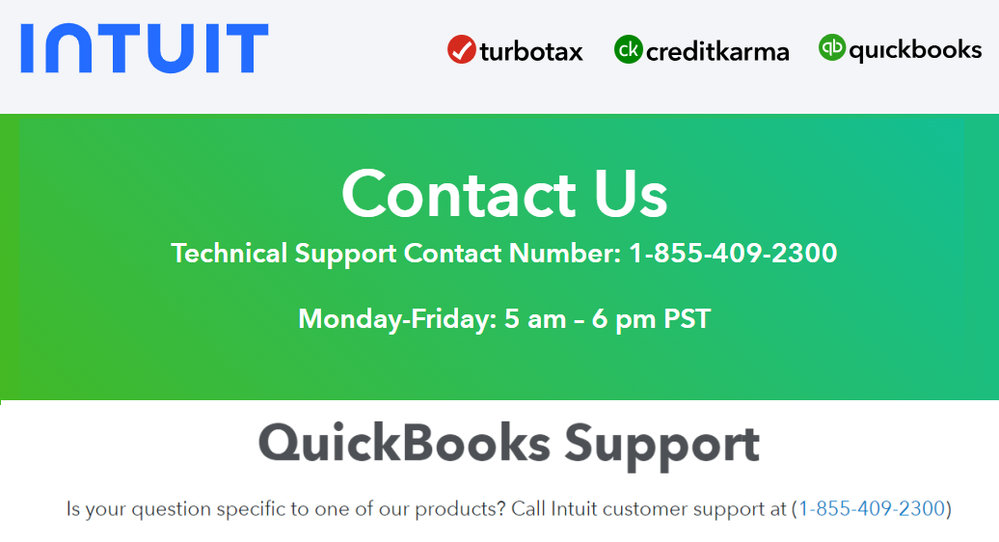Banking errors in QuickBooks Online can disrupt your financial management and create discrepancies in your records. Fortunately, most banking errors can be resolved with a few troubleshooting steps. In this blog, we'll walk you through the process of identifying and fixing common banking errors in QuickBooks Online.
Understanding Common Banking Errors in QuickBooks Online
Before diving into the solutions, it’s important to understand the types of banking errors you might encounter in QuickBooks Online:
1. Bank Transactions Not Downloading
This error occurs when transactions from your bank account are not being downloaded into QuickBooks Online. It could be due to issues with the bank feed connection or a temporary glitch on the bank’s end.
2. Duplicate Transactions
Sometimes, you might notice that the same transaction appears multiple times in QuickBooks Online. This can happen if the bank feed imports the same transaction more than once.
3. Bank Connection Errors
These errors occur when QuickBooks Online is unable to connect to your bank account. You might see error messages like "Bank Connection Error" or "We can't connect to your bank."
4. Incorrect Bank Balances
In some cases, the bank balance shown in QuickBooks Online may not match the actual balance in your bank account. This can be due to missing or incorrectly categorized transactions.
5. Reconciliation Discrepancies
During bank reconciliation, you might find that your QuickBooks balance doesn’t match your bank statement, which could be due to unrecorded transactions or incorrect reconciliation practices.
Steps to Fix Banking Errors in QuickBooks Online
Now that you know the types of errors you might encounter, let’s explore how to fix them:
1. Refresh the Bank Feed
If transactions aren’t downloading or you’re experiencing connection errors, start by refreshing the bank feed:
- Go to the Banking or Transactions menu.
- Select the Banking tab.
- Click on the Update button in the upper-right corner.
- QuickBooks Online will refresh the connection and attempt to download the latest transactions.
2. Disconnect and Reconnect Your Bank Account
If refreshing the bank feed doesn’t work, try disconnecting and reconnecting your bank account:
- Go to the Banking tab under the Transactions menu.
- Find the account causing the issue and click on the Edit icon (pencil icon).
- Select Edit account info.
- Check the box that says Disconnect this account on save.
- Click Save and Close.
- Reconnect the account by clicking Add account and following the prompts to re-establish the connection.
3. Exclude Duplicate Transactions
To remove duplicate transactions:
- Go to the Banking tab under the Transactions menu.
- Find the duplicate transactions and check the box next to them.
- Click on the Batch actions dropdown and select Exclude Selected.
- Excluded transactions are moved to the Excluded tab, where they won't affect your accounts.
4. Manually Add Missing Transactions
If transactions are missing, you can manually add them:
- Go to the Banking tab under the Transactions menu.
- Click on the Add transaction button.
- Enter the transaction details manually, ensuring they match the actual bank statement.
5. Match or Categorize Transactions Correctly
Ensure that transactions are properly categorized or matched to the correct bank feed:
- Go to the Banking tab under the Transactions menu.
- Review the transactions under the For Review tab.
- Click on each transaction and choose Match if it corresponds to an existing entry in QuickBooks.
- If it’s a new transaction, select the appropriate category and click Add.
6. Verify Bank Balances
If your QuickBooks balance doesn’t match your bank balance:
- Reconcile your account by going to the Accounting menu and selecting Reconcile.
- Compare your QuickBooks balance with the bank statement.
- If there’s a discrepancy, review the transactions, correct any errors, and complete the reconciliation.
7. Clear Cache and Cookies
Sometimes, a browser issue can cause banking errors. Clearing your cache and cookies can help:
- Clear your browser’s cache and cookies to remove any outdated data.
- Log back into QuickBooks Online and check if the issue persists.
8. Check for Updates from Your Bank
Occasionally, banks update their systems, which can cause temporary connectivity issues with QuickBooks Online. Check your bank’s website for any announcements regarding maintenance or updates.
9. Contact QuickBooks Support
If you’ve tried all the above steps and still experience issues, it may be time to contact QuickBooks Support for assistance. They can help diagnose the problem and provide specific solutions.
Preventing Future Banking Errors
Here are some tips to help prevent banking errors in QuickBooks Online:
1. Regularly Update Your Bank Connection
Make it a habit to refresh your bank feed regularly to ensure that all transactions are downloaded in a timely manner.
2. Reconcile Your Accounts Monthly
Regular reconciliation helps catch and correct discrepancies early, reducing the likelihood of errors accumulating.
3. Monitor Bank Alerts
Set up alerts from your bank for any suspicious activity or changes in your account, so you can quickly address potential issues.
4. Keep Your QuickBooks Software Updated
Ensure you’re using the latest version of QuickBooks Online, as updates often include fixes for common issues.
Conclusion
Banking errors in QuickBooks Online can be disruptive, but with the right approach, they are usually easy to fix. By understanding the common issues and following the steps outlined in this guide, you can resolve these errors and keep your financial records accurate. Regular maintenance and vigilance are key to preventing future errors and ensuring smooth banking operations in QuickBooks Online.
More useful links :


